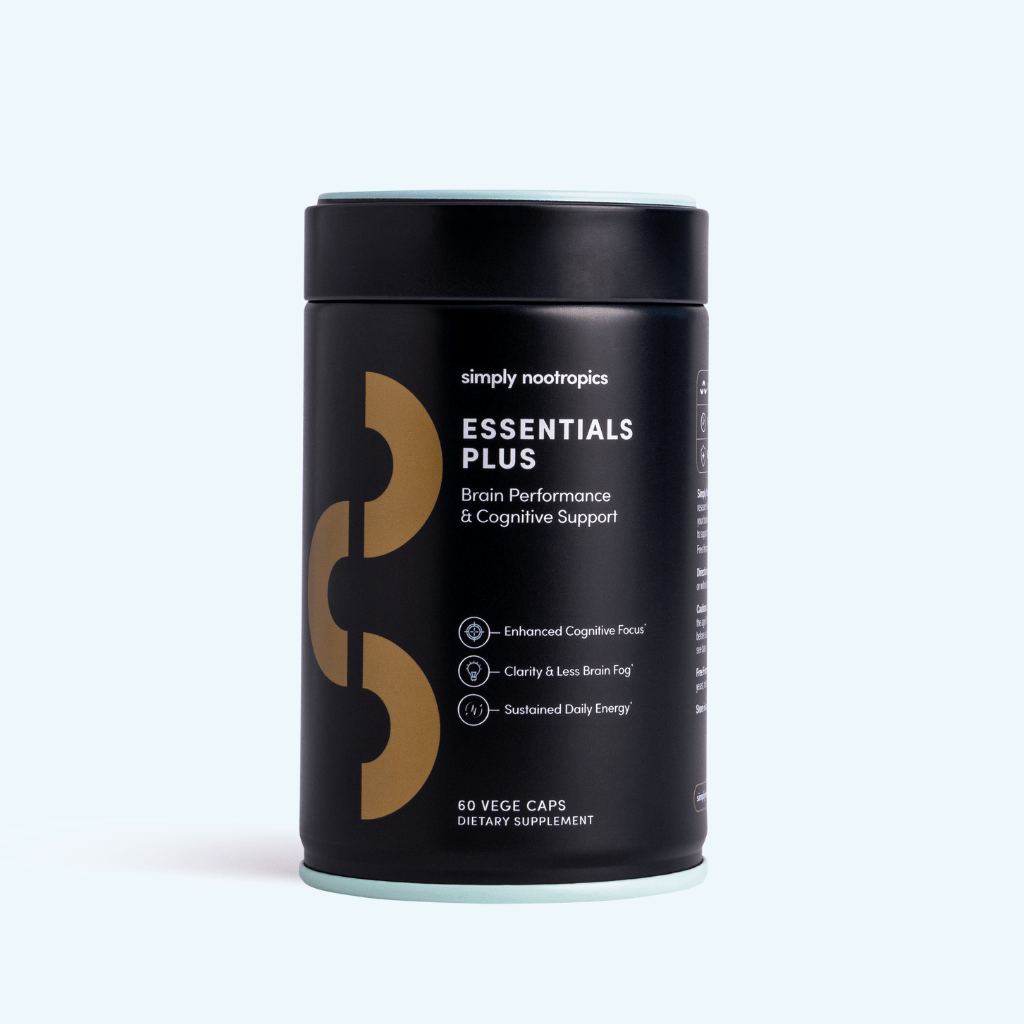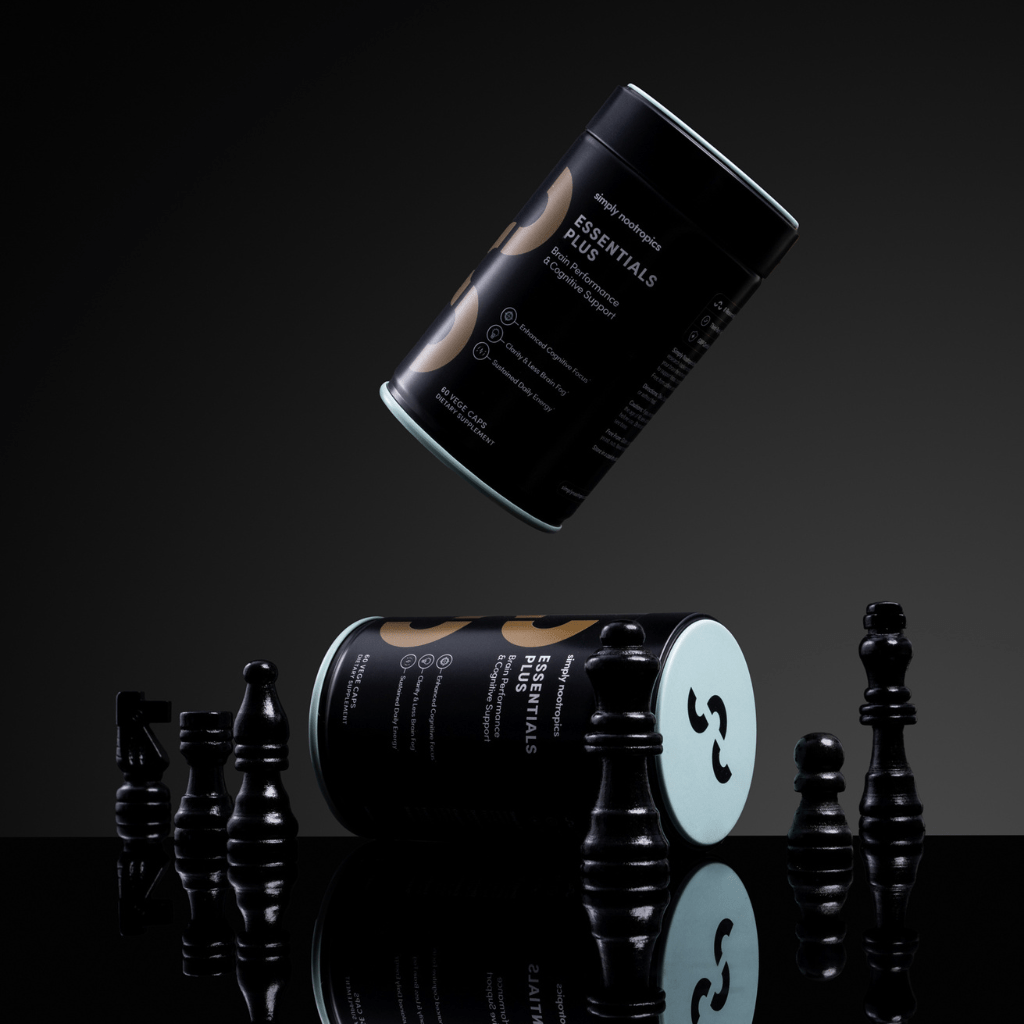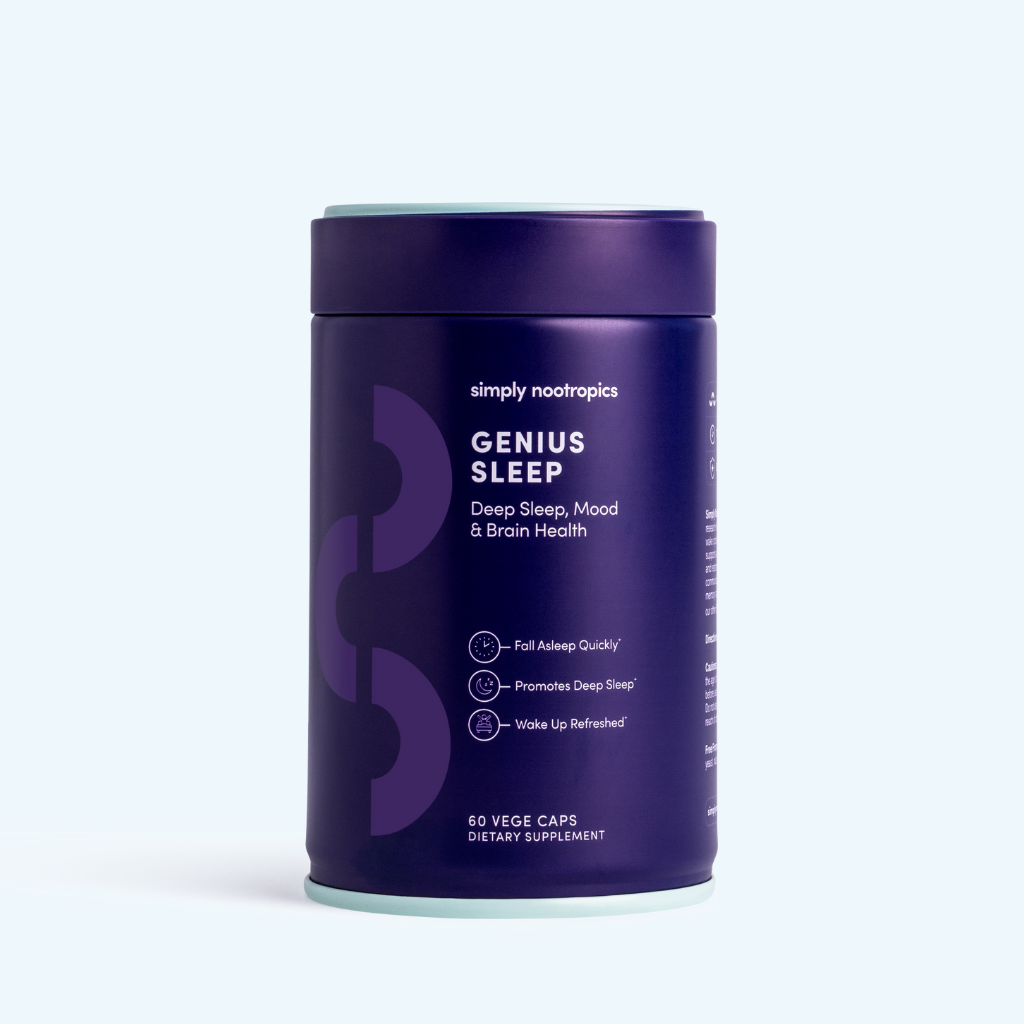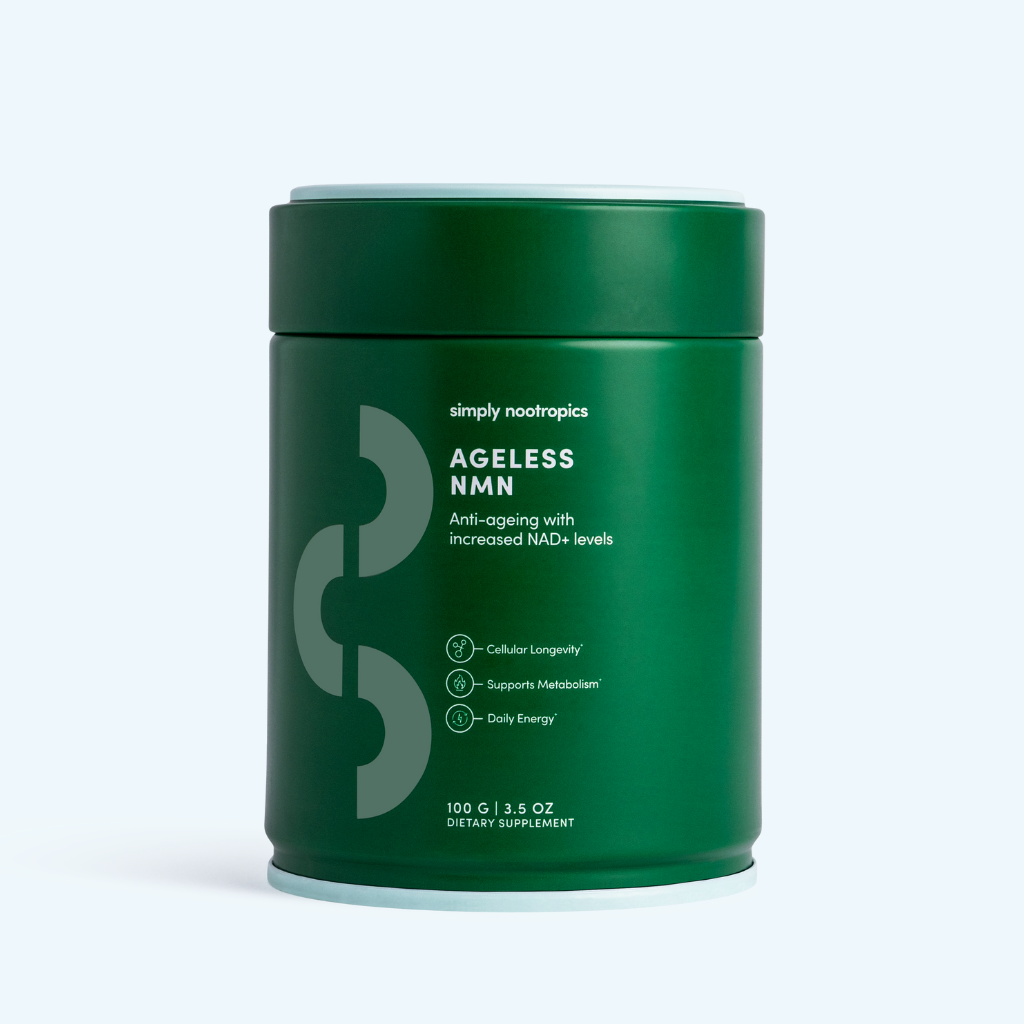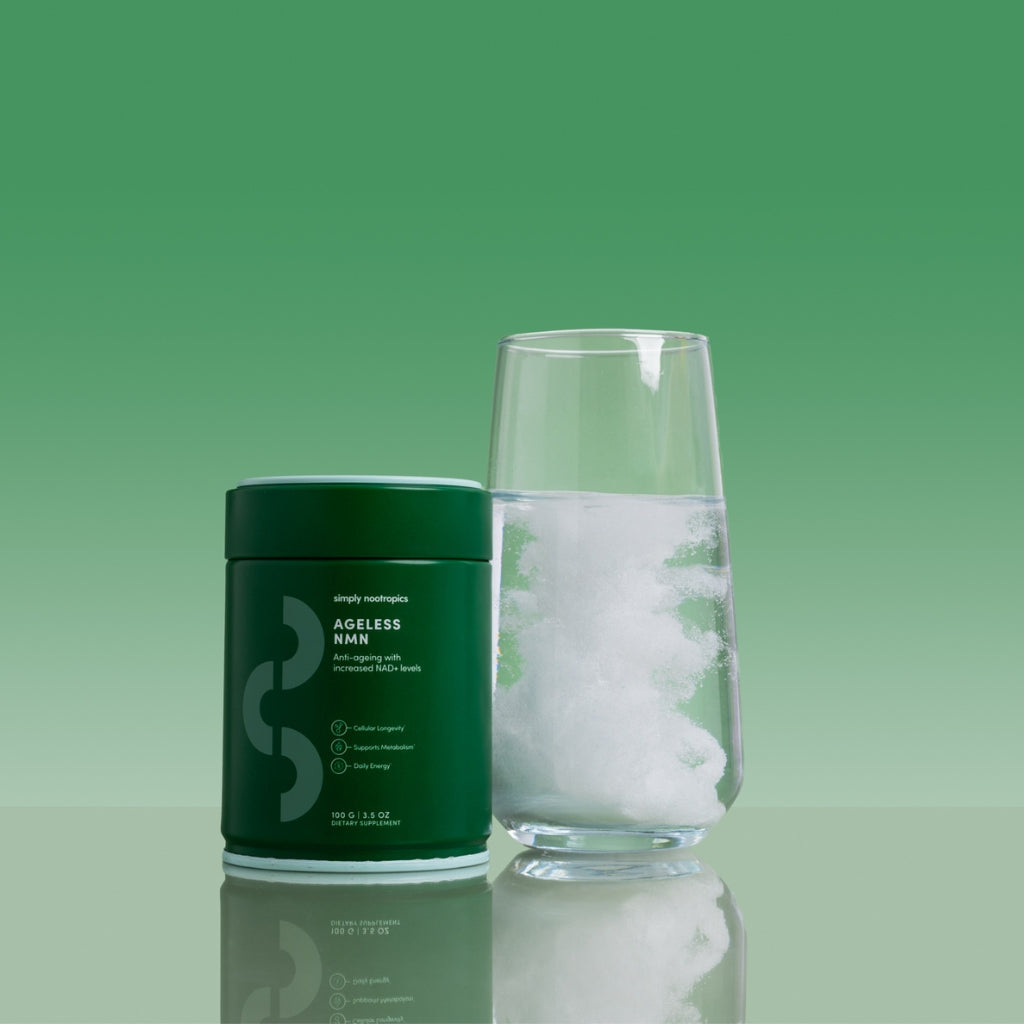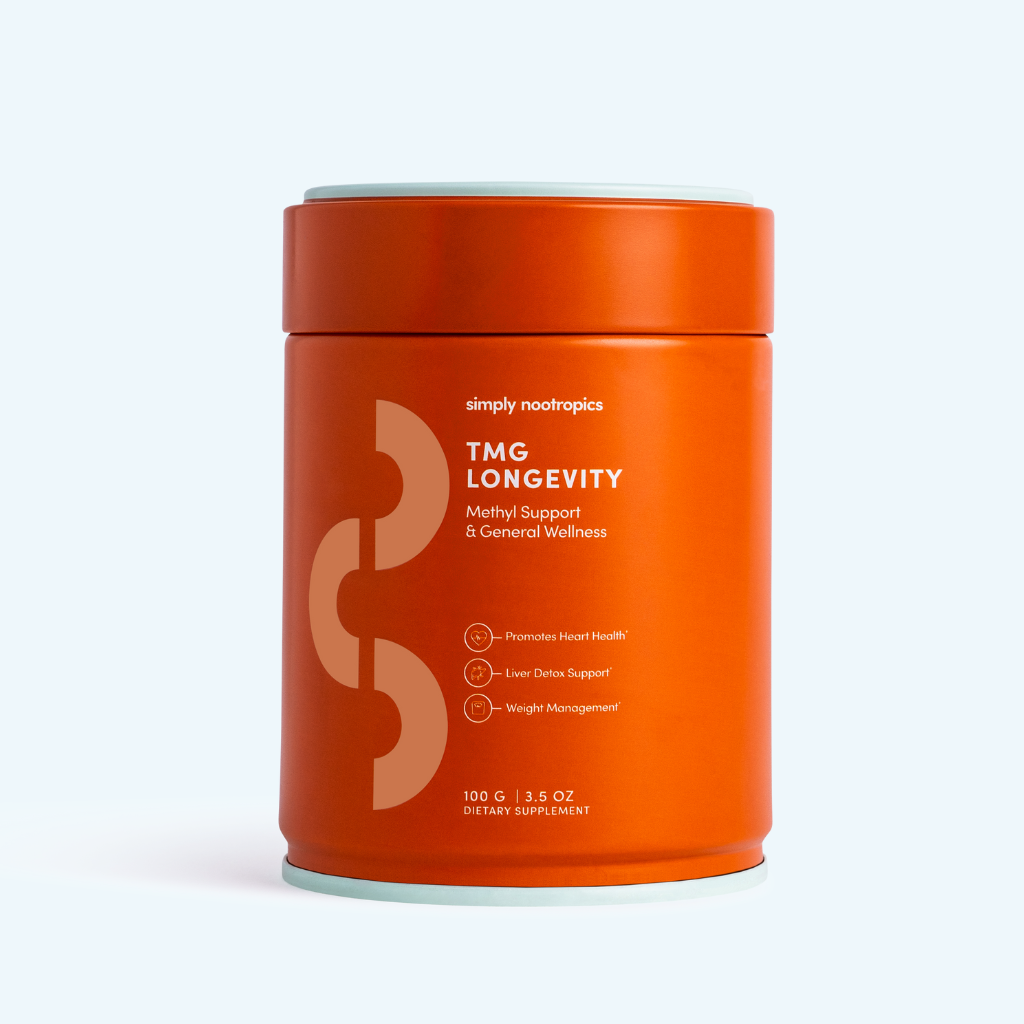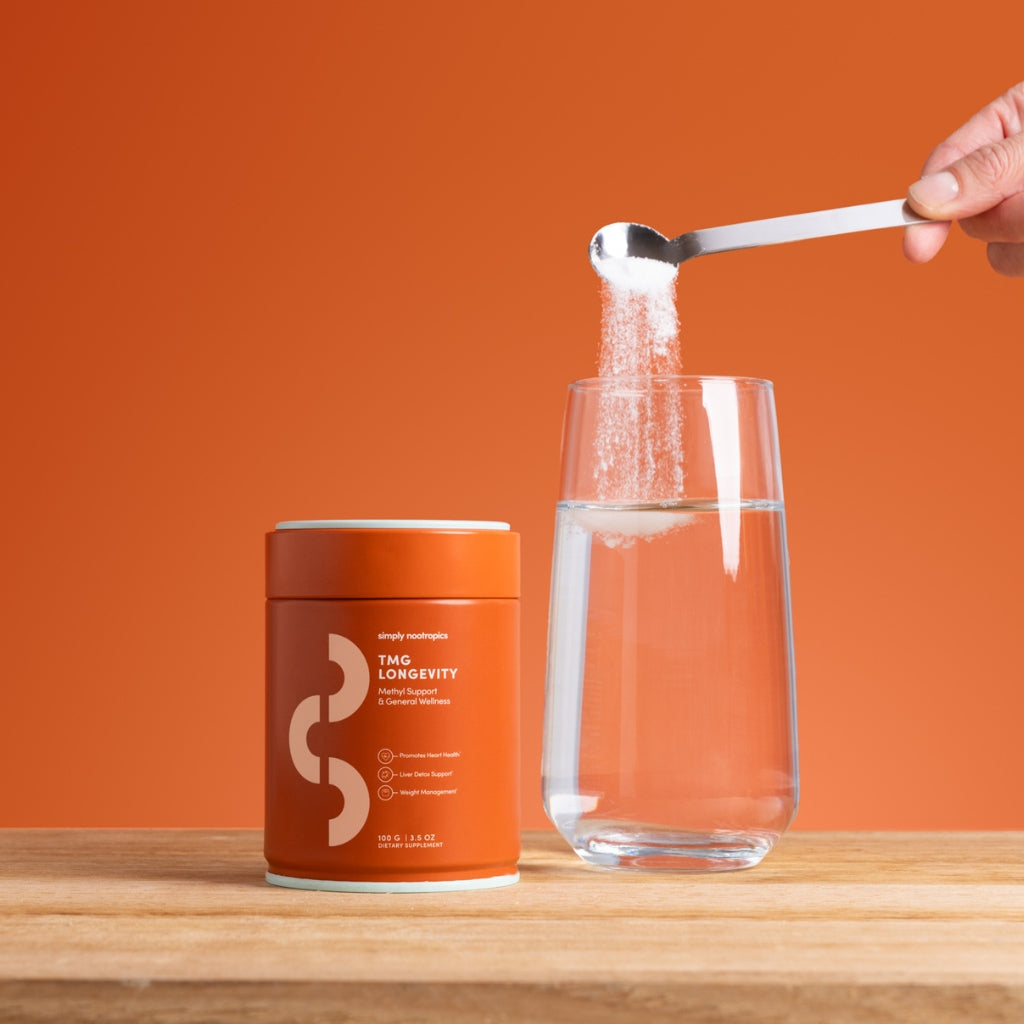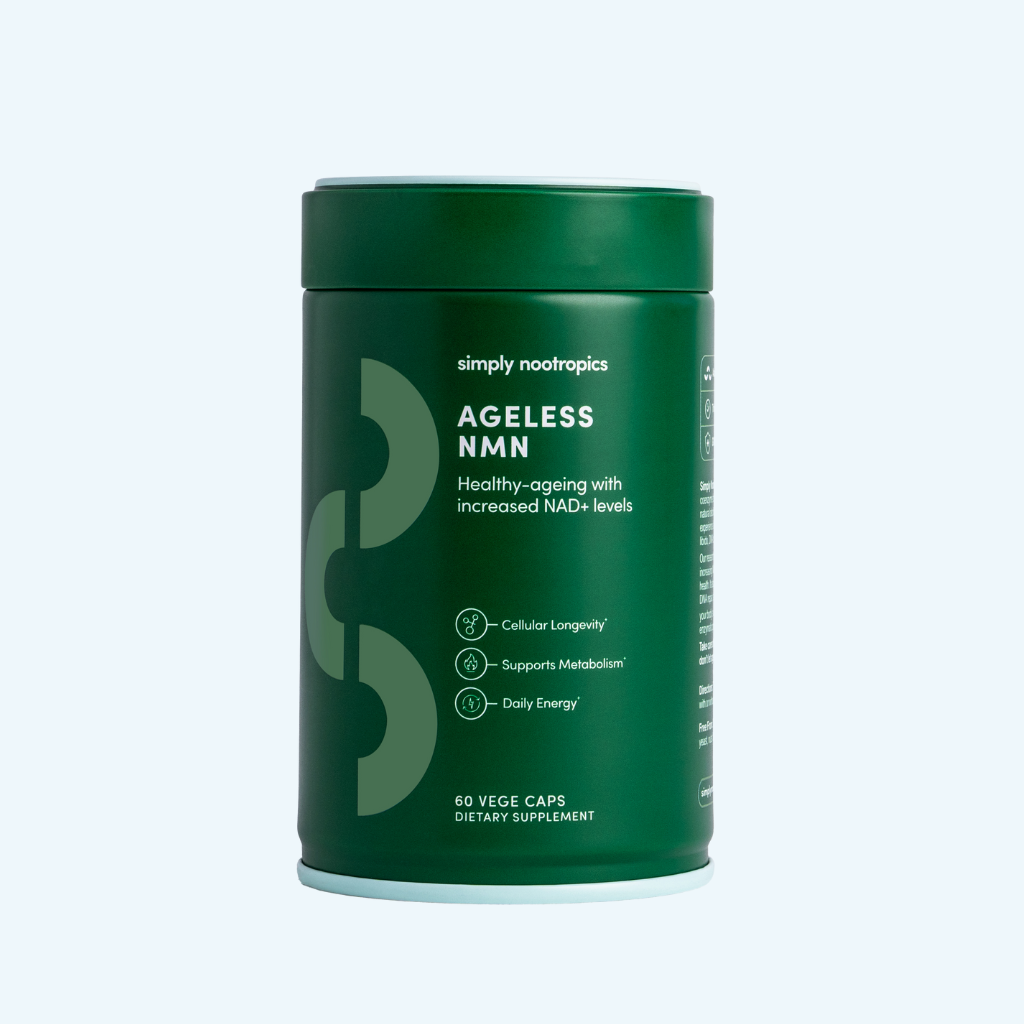Welcome back to Longevity News, your roundup of the latest breakthroughs at the intersection of health, science, and the human lifespan.
This week’s edition covers a lot, from lab-grown heart tissue to brain-boosting tech, mushroom compounds that improve mental health, and a toxic mould that might save thousands of lives. What do these have in common? They each tell us something new about how the body heals, adapts, and sometimes rewrites its own limits.
-
Tiny Lab-Grown Hearts Offer Big Hope for Heart Health
Heart problems remain the leading cause of death worldwide, and it often starts far earlier than people realise. Some cases stem from genetic mutations that affect heart development in childhood, conditions that can go unnoticed until adulthood, or worse, until it’s too late.
A new study from researchers has changed the landscape. Using stem cells, scientists have created lab-grown mini hearts, small, beating organoids that mimic how real heart tissue grows, functions, and even responds to external signals like exercise or stress.
Unlike previous models, these aren’t static clusters of cells. They beat rhythmically, pump fluid, and show signs of maturing over time, offering a living, moving blueprint for understanding cardiac disease at its source.
Why it matters for longevity
Preventing damage is always better than trying to reverse it. These mini hearts make it possible to test treatments before they reach real patients. They also help decode how genetic risk turns into real-world disease, and how to stop that transformation early.
Research like this may not just improve personalised treatments, it may one day help us reprogram ageing hearts to stay younger, longer.
-
Mild Brain Stimulation Improves Math Performance in Adults
In a recent study, scientists used a technique called transcranial random noise stimulation (tRNS), a low-level electrical current delivered to the scalp, to enhance learning and performance in arithmetic.
Participants received just one minute of stimulation to targeted brain regions before completing math exercises. The results? The greatest improvements were seen in those who had struggled the most at baseline. These gains weren’t short-lived, either, they lasted over the course of the training and improved retention.
This isn’t a new sci-fi tool from the future. tRNS is non-invasive, painless, and already being explored in cognitive therapy for age-related decline.
Why it matters for longevity
Cognitive decline is one of the top fears associated with ageing, and for good reason. Memory, focus, and mental agility can all decline over time, even without diagnosable disease. But this research adds weight to the idea that brain plasticity can be nudged, even in adults.
If mild electrical stimulation can enhance learning or performance in low-stakes settings like math, what could it do for memory in older adults? Or attention in those navigating hormonal changes or burnout?
It’s early days, but studies like this show how gentle support to the nervous system could help us stay sharper, longer.
-
A Mushroom Compound for Mental Health
Psilocybin, the psychedelic compound found in “magic mushrooms”, has been gaining traction in mental health research. But one recent trial stood out.
In a study, a single 25mg dose of psilocybin, paired with psychological support, led to sustained improvements for many conditions.
Participants reported feeling more present, less fearful, and more connected to their own lives, even as they faced uncertain futures.
Why it matters for longevity
Chronic disease and emotional health are deeply connected. It’s one thing to survive illness, but it’s another to thrive in spite of it. For people facing illness, or any life-altering condition, mental health support can influence everything from immune function to treatment outcomes.
This study hints at a future where breakthroughs in mental resilience may come not from daily meds, but from one profound, well-supported experience that rewires the brain for the better.
The broader implications are exciting: could psychedelic compounds be used to help manage mental health? It’s a space worth watching.
-
The Deadly Mould That Might Heal Us
In one of the most surprising stories this month, researchers are revisiting a mould species known as Paecilomyces, one that was previously linked to the deaths of at least ten scientists. It turns out that with the right containment and analysis, this dangerous organism may actually hold compounds with antimicrobial potential.
It’s an eerie, full-circle moment: something once feared for its toxicity is now being studied for its ability to heal instead of harm.
Why it matters for longevity
This is another example of how fungi, long overlooked in Western medicine, are finally getting their due. From lion’s mane to reishi, mushroom species are already being studied for immune support, anti-inflammatory effects, and cognitive protection.
This story also reminds us that longevity doesn’t always come from shiny new tech. Sometimes, the most powerful medicines are hiding in unlikely, uncomfortable places, waiting to be understood.
Longevity Is Recovery, Not Just Resistance
What do these four stories have in common?
They’re not about “hacking” life. They’re about restoring balance:
-
Growing heart tissue to prevent decline
-
Supporting the brain without stimulants or strain
-
Addressing mental health at its root, not just masking it
-
Finding recovery agents in the unlikeliest corners of the natural world
If you want to live longer and better, it starts with understanding the pressures on your system and finding the tools that help you recover, not just power through.
Longevity Tip of the Week: Recover Like You Mean It
Most of us are pretty good at keeping busy. But the real skill, especially as we age, is knowing when to slow down and let the system reboot.
If your sleep’s been scattered or your mind won’t quiet down at night, it’s worth looking at how you’re supporting your nervous system. One simple tool? Genius Sleep, our night-time formula with Reishi Mushroom Extract, Magnesium, L-Theanine, and other calming nutrients.
It doesn’t knock you out. Genius Sleep helps your body remember how to rest. So you wake up a bit clearer, steadier, and more like yourself.



